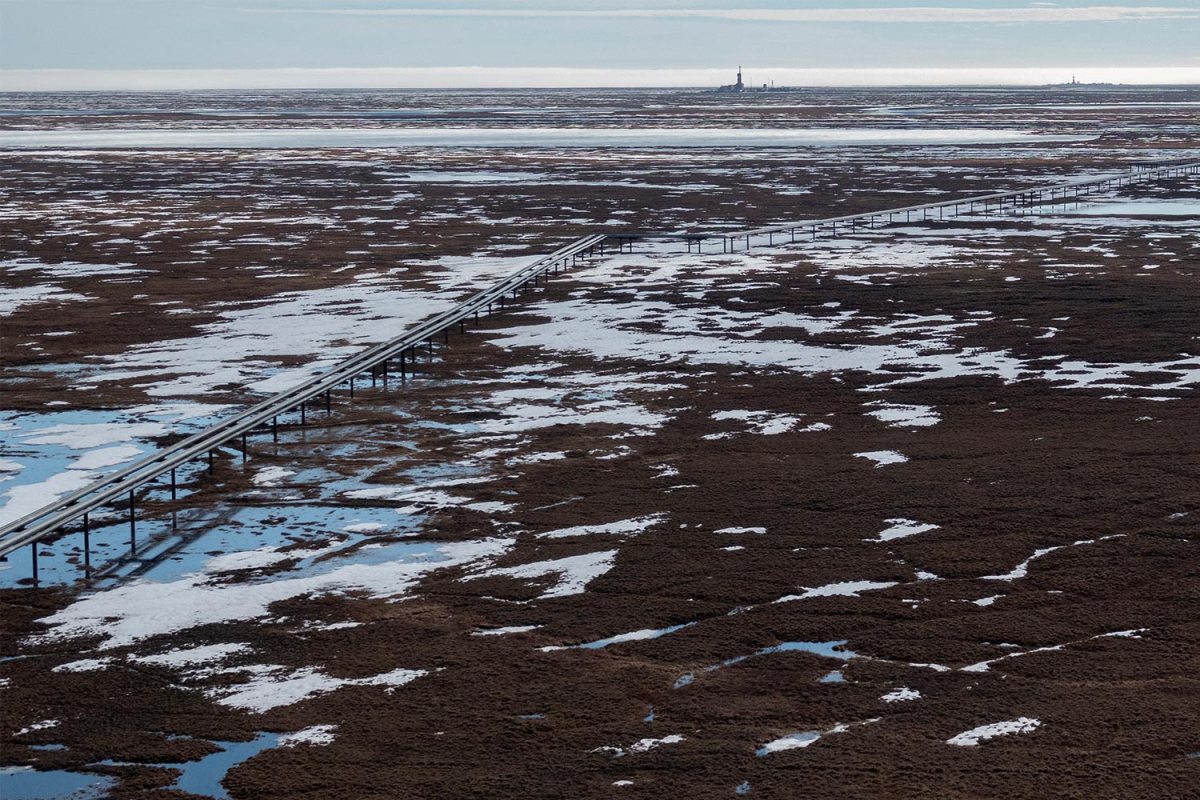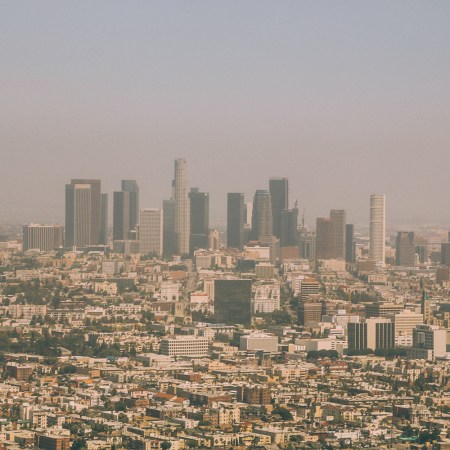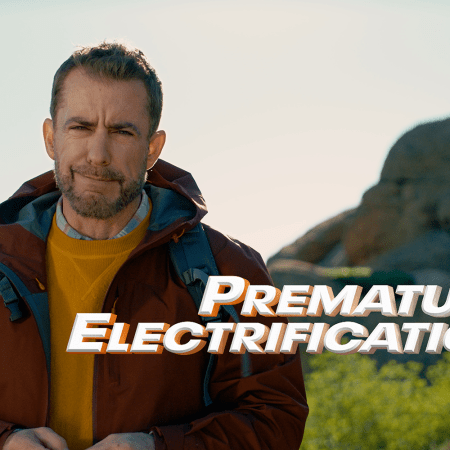When the Paris Agreement was officially signed in 2016, the main goal of the international climate treaty was to keep global temperature increases below 2°C over pre-industrial levels, and ideally below 1.5°C. By doing so, we could stave off the worst effects of climate change. Yet according to the latest report from the UN’s Intergovernmental Panel on Climate Change (IPCC), which was released Monday, the planet is expected to surpass the 1.5°C threshold in “the first half of the 2030s” unless global greenhouse gas emissions are “cut by almost half” by the end of the decade.
The final piece in the IPCC’s sixth assessment report is not an optimistic one. However, despite clearly outlining the “unprecedented scale of the challenge,” the international collective of scientists, which has been compiling these reports since 1992, also made it clear that there are “multiple, feasible and effective options to reduce greenhouse gas emissions and adapt to human-caused climate change, and they are available now.” The main problem is the lack of will to make those reductions.
“The report, which was approved by 195 governments, says that existing and currently planned fossil fuel infrastructure — coal-fired power plants, oil wells, factories, cars and trucks across the globe — will already produce enough carbon dioxide to warm the planet roughly 2 degrees Celsius this century,” The New York Times explained. “To keep warming below that level, many of those projects would need to be canceled, retired early or otherwise cleaned up.”
Billionaires Send a Clear Message: Individual Climate Action Is Bogus
If self-professed climate leaders like Elon Musk and Bill Gates can’t cut down on private jets, how can we expect regular Americans to take climate change seriously?Despite the U.S. being one of the governments that approved the report, and thus theoretically agreed with this conclusion, just one week prior the Biden administration approved the Willow project, a controversial oil and gas development on federal land in Alaska. According to the Associated Press, using oil from the ConocoPhillips site “would produce the equivalent of more 263 million tons (239 million metric tons) of greenhouse gases over the project’s 30-year life, roughly equal to the combined emissions from 1.7 million passenger cars over the same time period.”
In other words, the U.S. is trying to have it both ways: increase national oil production, which will lead to more carbon emissions, while also fighting climate change. After passing the Inflation Reduction Act in 2022, the government called it “the most significant climate legislation in U.S. history, offering funding, programs, and incentives to accelerate the transition to a clean energy economy.” While that may be true, the approval of the Willow drilling is working in direct opposition to it — not to mention the project is yet another time President Biden has broken a campaign promise about no new oil drilling on federal lands.
How does the government justify what appear to be diametrically opposed courses of action? As USA Today explains, the Willow drilling — which is pitched as an economic boon for Alaskans and means of relying less on foreign oil — also comes with some caveats. For one, ConocoPhillips wanted to open five drilling sites, but the Interior Department granted permission for only three of them. Additionally, the Biden administration “proposed rules to block future oil and gas leases within more than 13 million acres of the 23-million-acre National Petroleum Reserve-Alaska,” where this new drilling will take place.
Unfortunately, the climate crisis doesn’t care about what humankind will or will not do in the future. To curb the worst effects in the future — drought, famine, extreme weather, extinctions — we need to cut greenhouse gas emissions in the present. If the country sticks with Willow, it will have to find a way to balance out the hundreds of millions of tons set to be pumped into the atmosphere.
Thanks for reading InsideHook. Sign up for our daily newsletter and be in the know.



















